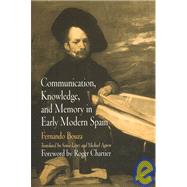
Note: Supplemental materials are not guaranteed with Rental or Used book purchases.
Purchase Benefits
What is included with this book?
| Foreword by Roger Chartier | ix | ||
| 1. Hearing, Seeing, Reading, and Writing: The Forms and Uses of Words, Images, and Writing | 1 | (16) | |
| 2. The Persuasion of the Word: A Voice; The Wonder of Images: A Portrait; The Power of Writing: A Talisman | 17 | (22) | |
| 3. Natural History of the Written Text: Authors, Copyists, Printers, Booksellers, and Readers | 39 | (18) | |
| 4. Classrooms, Libraries, and Archives as the Culmination of Human Memory | 57 | (16) | |
| Notes | 73 | (16) | |
| Bibliography | 89 | (14) | |
| Index of Names | 103 | (4) | |
| Acknowledgments | 107 |
The New copy of this book will include any supplemental materials advertised. Please check the title of the book to determine if it should include any access cards, study guides, lab manuals, CDs, etc.
The Used, Rental and eBook copies of this book are not guaranteed to include any supplemental materials. Typically, only the book itself is included. This is true even if the title states it includes any access cards, study guides, lab manuals, CDs, etc.